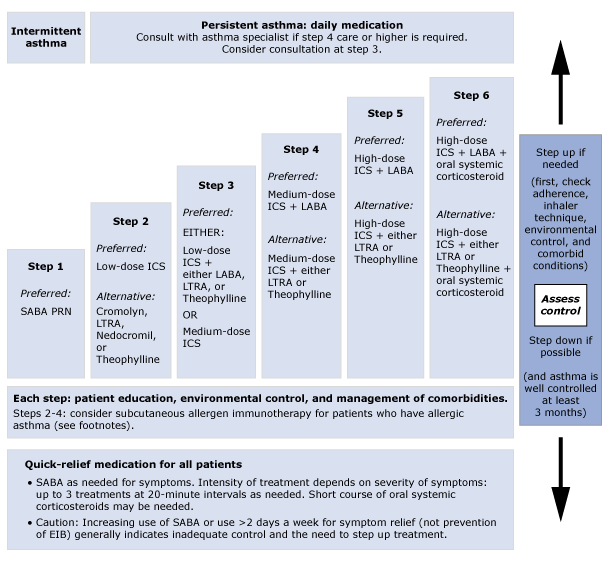Axiom Mission Crew Resumes Groundbreaking Research Aboard ISS

On July 2, 2025, the eleven-member crew aboard the International Space Station (ISS), representing Expedition 73 and Axiom Mission 4 (Ax-4), recommenced their scientific investigations into various critical areas of space science. The astronauts are conducting research focused on brain circulation, the behavior of cancer cells, and advancements in biotechnology, according to a statement released by NASA.
The mission is led by Station Commander Takuya Onishi, affiliated with the Japan Aerospace Exploration Agency (JAXA). Onishi has embarked on an innovative study measuring cerebral blood flow utilizing sensors attached to his neck and chest. This research aims to provide insights into how blood circulation adapts in a microgravity environment. Dr. Sarah Johnson, Professor of Biomedical Engineering at Stanford University, emphasizes the importance of this research, stating, "Understanding blood flow in microgravity is vital for future long-term human space travel."
In parallel, Ax-4 astronauts Peggy Whitson and Tibor Kapu conducted another cerebral circulation study. Whitson assisted Kapu, who employed a Doppler ultrasound device to visualize blood flow in his cerebral artery while a cuff monitored his blood pressure. These findings are crucial in developing strategies to protect astronauts' visual processing capabilities in space, highlighted by Dr. Emily Chen, an expert in ophthalmology at the University of California, San Francisco, who noted, "Microgravity can have significant effects on vision, making this research essential."
Whitson also utilized a fluorescence microscope to investigate cancer cells, aiming to enhance early detection and prevention methods. NASA Flight Engineers Anne McClain and Nichole Ayers supported the Ax-4 crew, with McClain assisting in operating research hardware and Ayers preparing a microscope for Ax-4 member Shubhanshu Shukla. Shukla assessed the resilience of tardigrades, microscopic organisms, under extreme conditions, including microgravity.
Additionally, astronaut Slawosz Uznanski-Wisniewski explored the application of nanomaterials in developing wearable health monitoring devices, a significant advancement for maintaining astronaut health. NASA Flight Engineer Jonny Kim collected and processed blood samples, which are essential for ongoing health assessments of astronauts during their missions.
The ISS continues to be a hub for international collaboration in space research. A recent uncrewed cargo craft, Progress 90, successfully undocked from the ISS, concluding its seven-month supply mission. The upcoming Progress 92 cargo craft is scheduled to launch, carrying essential supplies, food, and equipment for the crew aboard the ISS. According to Dmitry Petrov, a spokesperson for Roscosmos, the Russian space agency, the Progress 92 will enhance ongoing research and living conditions for the crew.
The implications of this research extend beyond space exploration. As Dr. Michael Thompson, Director of Space Medicine at NASA, explains, "The findings from these studies will not only benefit space missions but also have applications in medical science on Earth, particularly in understanding diseases related to blood circulation and cancer."
The collaboration between various international space agencies and private entities underscores the importance of shared knowledge in tackling the challenges of space research. As the Ax-4 mission unfolds, the scientific community eagerly anticipates the outcomes of these critical investigations, which may pave the way for advancements in both space exploration and terrestrial medical practices.
Advertisement
Tags
Advertisement





